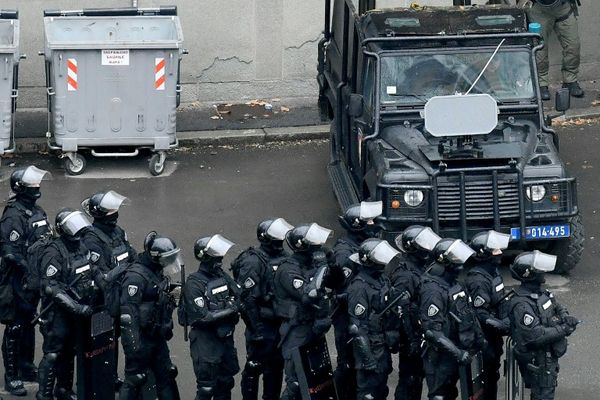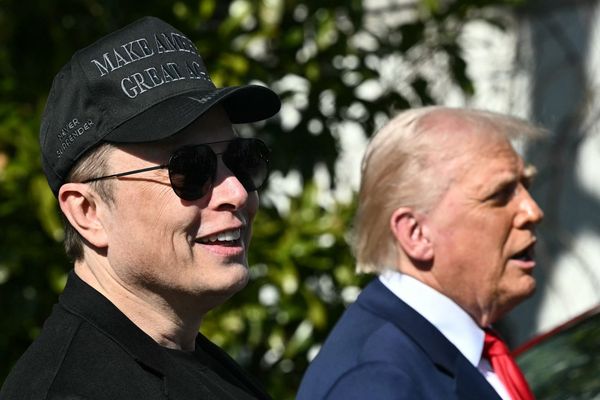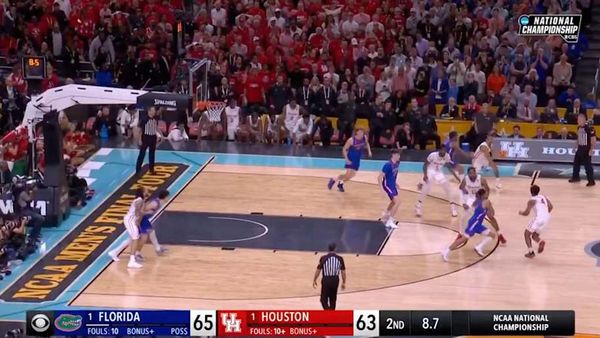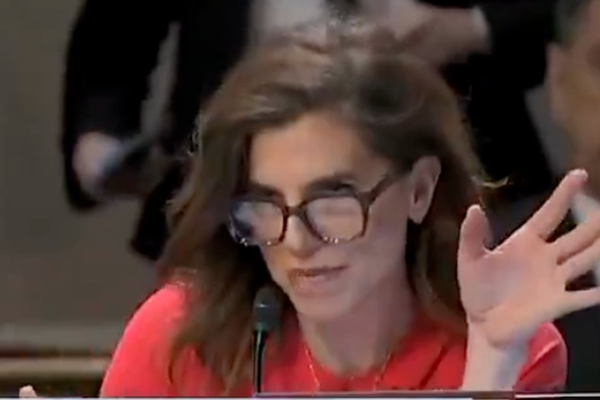Spanish police and US FBI agents have searched a £70m superyacht in Mallorca linked to Viktor Vekselberg, a sanctioned Russian billionaire the US government says is a close ally of Vladimir Putin.
The law enforcement officers on Monday descended on the yacht at the Marina Real in Palma, the capital of Mallorca and the Balearic Islands.
The US, EU and UK have impounded several superyachts that have been linked to some of Russia’s richest men to put pressure on oligarchs thought to be close to Putin after his invasion of Ukraine.
Others, such as the $600m yacht linked to the sanctioned billionaire Roman Abramovich, appear to have avoided seizure, although on Monday it left a port in Turkey after the London-based company that operates the terminal there was pressed to act.
Solaris, which is 140 metres long and has a helipad and swimming pool, left Bodrum Cruise Port on Monday, following pressure on the marina’s Mayfair-headquartered owner Global Ports Holding. It is now at anchor off Yalikavak beach in south-western Turkey, according to the shipping data service Marine Traffic.
The latest yacht to be immobilised is Tango, the 78-metre Vekselberg-linked vessel that carries the Cook Islands flag of convenience and is registered to a company in the British Virgin Islands. The yacht can host 14 guests in luxury in seven cabins, with a crew of 22, according to the SuperYachtFan website.
Spanish police said in a statement that the yacht was seized as part of investigations into fraud, money laundering and false documents allegedly used to hide ownership of the vessel to avoid sanctions. The raid found documents and devices that have been taken for examination.
US authorities identified Tango as Vekselberg’s asset in March, putting its value at $90m (£70m). The US Office of Foreign Assets Control (Ofac) also said Vekselberg owned a $90m private jet, an Airbus A319 more usually used by airlines to carry up to 150 passengers.
Vekselberg’s assets were thought to be worth $6bn, Ofac said, with interests spanning energy and other sectors through his Renova Group conglomerate. He built up his wealth primarily from the recently privatised Russian oil and aluminium assets in the chaotic aftermath of the fall of the Soviet Union.
He was first sanctioned in 2018 as part of a package of US sanctions in response to Russia’s “malign activity around the globe” including its invasion of Ukraine’s Crimea region, which began in 2014, and support for the regime of the Syrian dictator Bashar al-Assad. Vekselberg’s designation specifically cited his involvement in the energy sector.
Vekselberg has insisted he has had no involvement in activities related to Russia’s annexation of Crimea. In 2019 he told the Financial Times that he was targeted because: “I am Russian. I am rich. And yes, I know Putin. Today, it is enough.”
Before the US sanctions Vekselberg had resettled his family in the US, and he had tried to cultivate close ties with American politicians. He attended Donald Trump’s inauguration as US president in January 2017, and was a board member on the Massachusetts Institute of Technology, one of the US’s top universities.
Vekselberg has not been sanctioned by the EU, but was added to the UK’s sanctions list on 15 March. The UK government chose to sanction Vekselberg under an “urgent procedure”, a new tool introduced to allow asset freezes on people sanctioned by allies while the government gathers evidence.
He had previously tried to build ties in the UK, where he was an honorary member of the prestigious Tate Foundation, a fundraising charity for acquisitions, exhibitions, education and capital projects. The Tate last month severed ties with Vekselberg after pressure from the Labour MP Chris Bryant.
The Spanish Civil Guard confirmed that officers from the Spanish police and from the FBI were at the marina searching the vessel Monday morning and said further details would be released later.
The FBI was approached for comment. Renova Group declined to comment on Vekselberg’s behalf.







